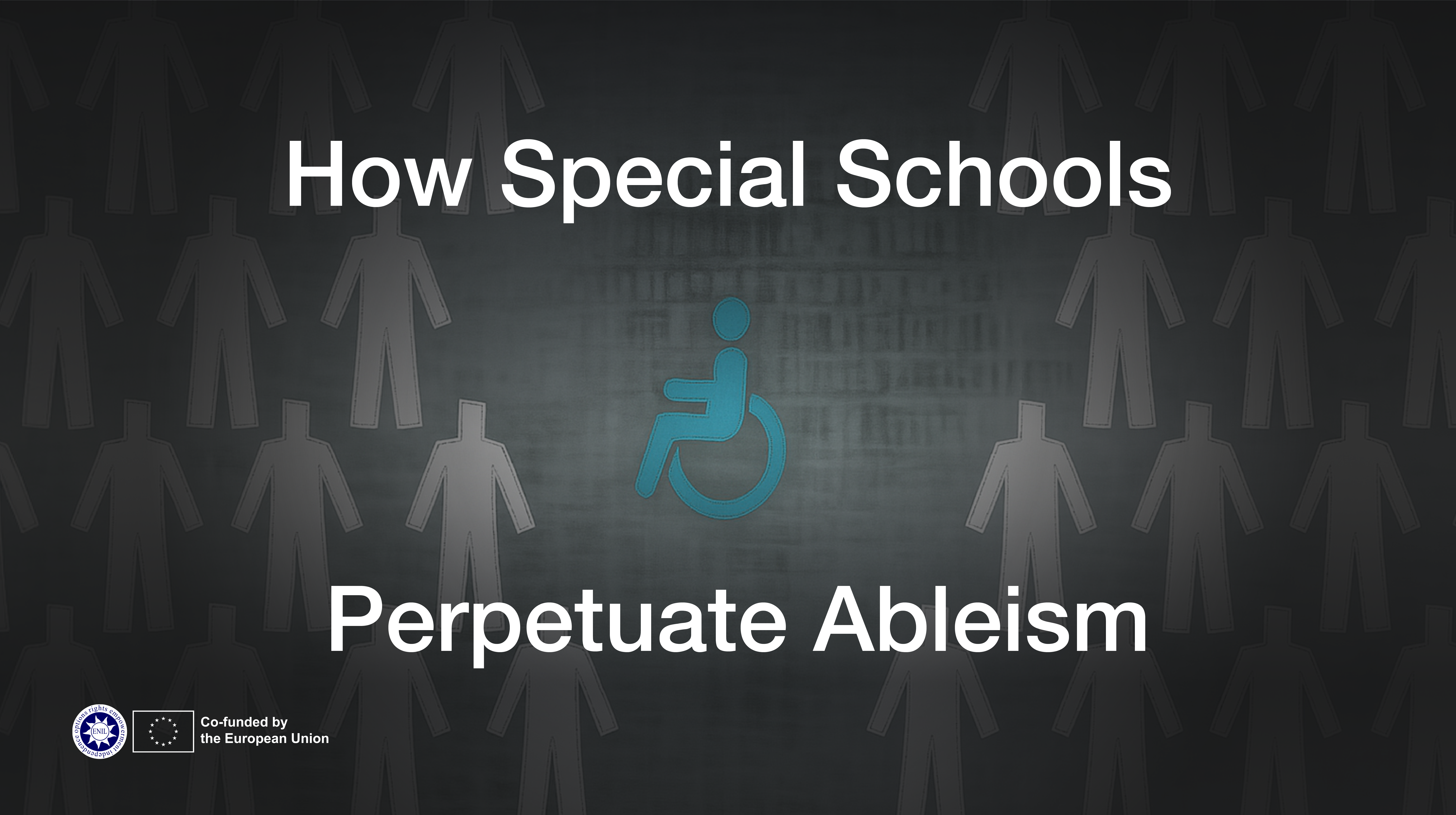Today, disabled people all over the world celebrate the International Day of Persons with Disabilities. Just one day after the new European Commission, led by Ursula von der Leyen, takes office, the European Network on Independent Living (ENIL) highlights five key demands of Europe’s Independent Living movement for the new Commission. Rather than the usual words and promises about inclusion, we wish to see action in the next five years and new Commissioners that measure success by the positive impact that EU laws and policies have had on the lives of disabled people in Europe.
ENIL, which marked its 30th Anniversary this year, suggests these five areas which require urgent action in the next 5 years:
[1] Ensuring that no private or public funds go towards institutional care services for children and adults with disabilities, such as group homes. Having launched the first case at the General Court in Luxembourg against the European Commission, for the use of European Structural and Investment Funds in Bulgaria, ENIL expects to see an end to investments that perpetuate the segregation and social exclusion of disabled people. Human rights abuses, such as those uncovered by Disability Rights International in group homes for children, have no place in 21st century Europe. [2] Freedom of movement for disabled people within the European Union, but also in their own countries. Very little progress has been made in this area, and disabled people continue to be severely restricted in their choices of where to live. ENIL published a research paper with suggestions on how to move forward and give disabled people access to their right of free movement. One of the suggestions is to set up European information points about how to access the available support services and entitlements for disabled people in different Member States. [3] The adoption of the new European Disability Strategy from 2020 onward,with concrete targets, timeline and budget, as well as an improved accountability framework, to ensure that Member States and EU institutions address the gaps in the CRPD implementation. Definitions of key terms, in line with the General Comment 5, on article 19, are crucial to avoid perpetuating social exclusion under the guise of community living. Independent living, and access to personal assistance, must remain at the heart of any future strategy. [4] In line with the General Comment 7, on articles 4.3 and 33.3 of the CRPD, recognition of user-led disabled people’s organisations as key to ensuring that the newly adopted laws and policies address the barriers faced by disabled people. Whereas many stakeholders should have a say in decisions that affect disabled people, the lived experience of disabled people and their organisations must be prioritised over those of other interest groups and adequately funded. [5] The Agenda 2030, with the Sustainable Development Goals, should be used by the EU institutions and Member States to mainstream disability within all EU policy areas, internal and external. Investing into inclusive education, employment, housing, health care and transport that is accessible to all must replace continued reliance on special service and facilities that keep disabled people on the margins of society.Note for the editors:
The European Network on Independent Living (ENIL). ENIL is a user-led, cross-disability rights civil society organisation, with members in 47 countries across Europe. ENIL represents the disability movement for human rights and social inclusion based on solidarity, peer support, deinstitutionalisation, democracy, self-representation, cross-disability and self-determination. For more information please visit: www.enil.eu.
Contact:
Ines Bulic Cojocariu, Deputy Director, ines.bulic@enil.eu, + 44 796 442 4331
[Photo: Participants in ENIL’s Freedom Drive protest in Brussels in October 2019. Taken by Enrica Laneri, Destination Everywhere.]

